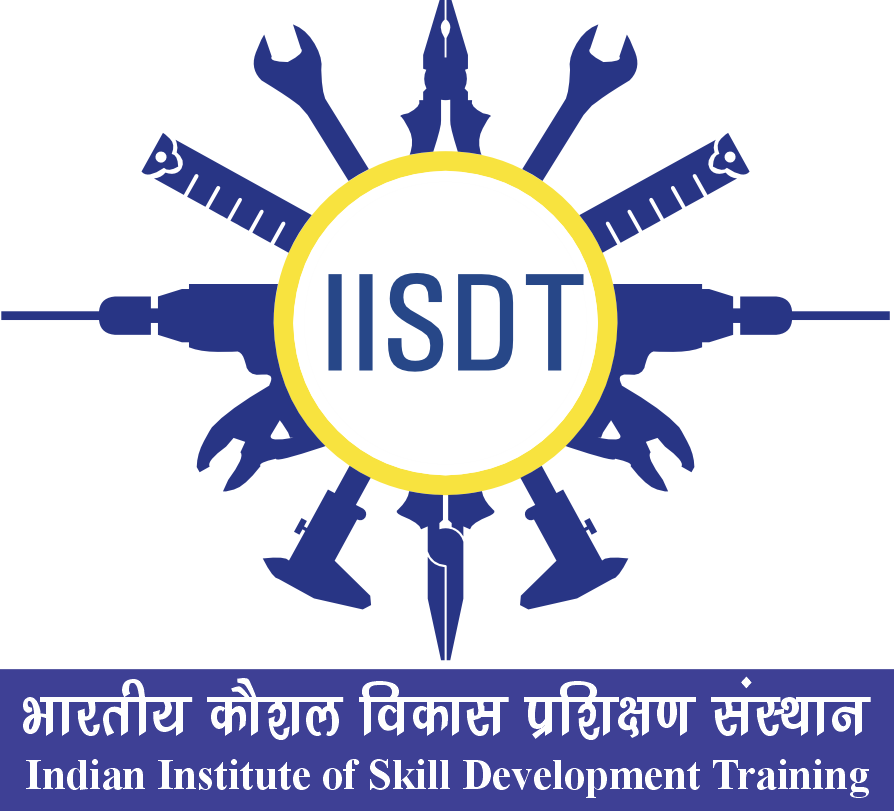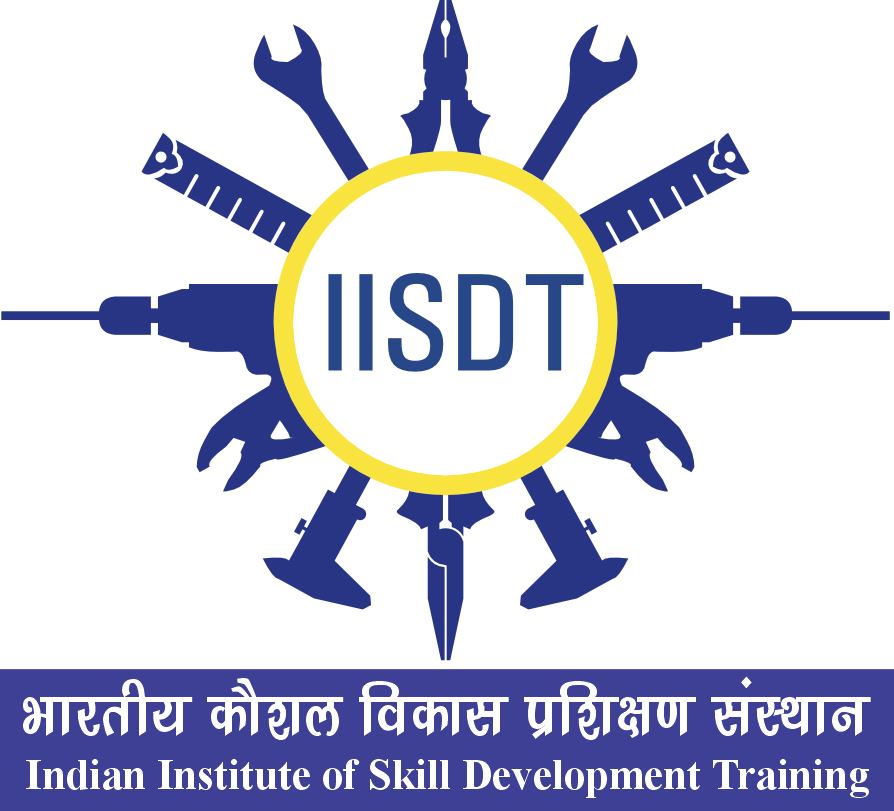Bridge Type Rectifier
School Level
Packages comprises of
- Recorded Lectures
- Study Material - Pdf
- Edp
- Assessment followed by certificate after completion of 50 %
- Prototype Project view of minimum duration
- Mentorship
- Submission of Project
- Certificate after successful completion of project work
Overview
Project Based Learning (PBL) is a teaching method in which students learn by actively engaging in real-world and personally meaningful projects. Students work on a project over an extended period of time – from a week up to a semester – that engages them in solving a real-world problem or answering a complex question. They demonstrate their knowledge and skills by creating a public product or presentation for a real audience.
As a result, students develop deep content knowledge as well as critical thinking, collaboration, creativity, and communication skills. Project Based Learning unleashes contagious, creative energy among students and teachers.
The rectifier circuit is used to convert the AC (Alternating Current) into DC (Direct Current). Rectifiers are mainly classified into three types namely half-wave, full-wave, and bridge rectifier. The main function of all these rectifiers is the same as the conversion of current but they not efficiently convert the current from AC to DC. The center tapped full wave rectifier as well as bridge rectifier converts efficiently.
A bridge rectifier circuit is a common part of the electronic power supplies. Many electronic circuits require a rectified DC power supply for powering the various electronic basic components from available AC mains supply. We can find this rectifier in a wide variety of electronic AC power devices like home appliances, motor controllers, modulation process, welding applications, etc.
Please rotate your device
We don't support landscape mode yet. Please go back to Portrait mode for the best experience.






